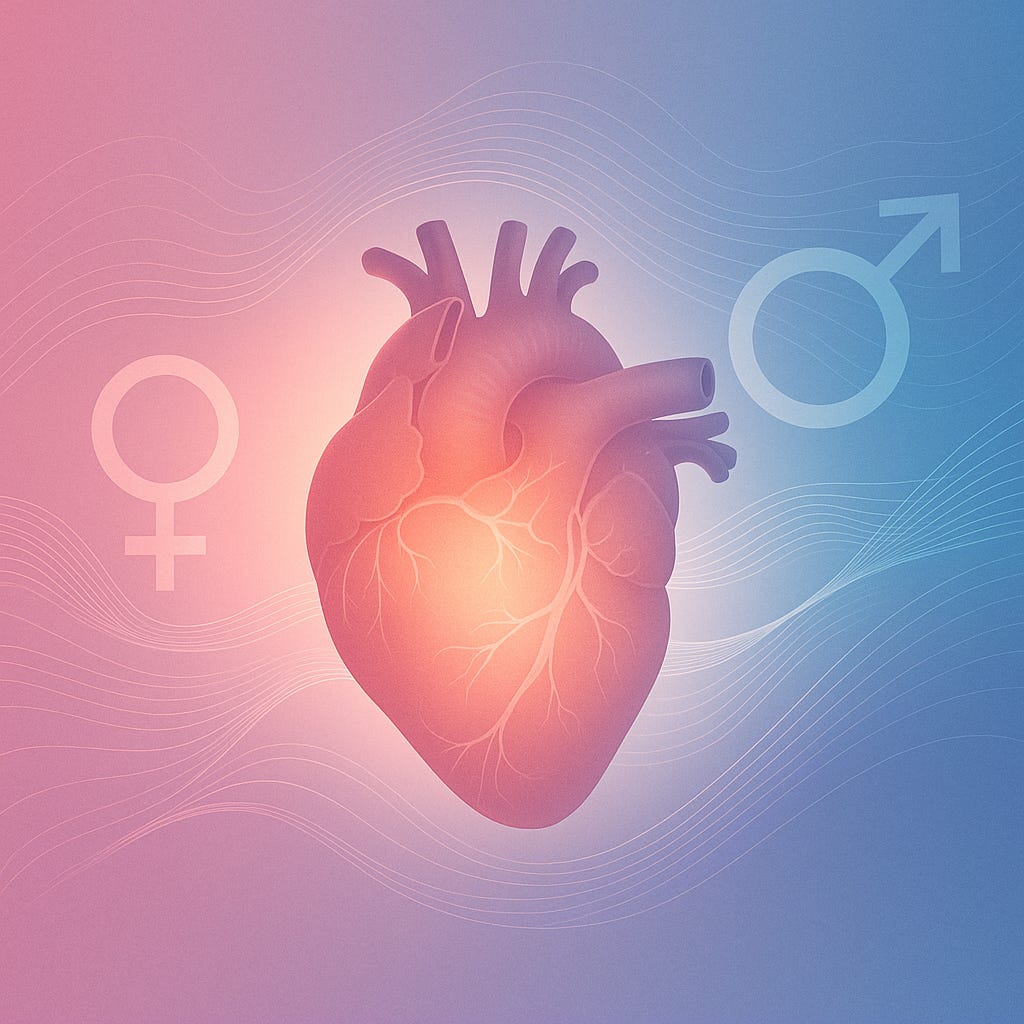Sex Hormones Shape Blood Pressure Regulation in Hypertension
New evidence links hormonal balance to cardiovascular health across men and women
Topline
A review of 14 studies presented at the American Heart Association’s Hypertension Scientific Sessions 2025 found that the balance between estrogen and androgens, not just their absolute levels, plays a critical role in regulating blood pressure. Postmenopausal women, women with polycystic ovary syndrome (PCOS), and men on antiandrogen therapy sho…
Keep reading with a 7-day free trial
Subscribe to Just Healthcare to keep reading this post and get 7 days of free access to the full post archives.


